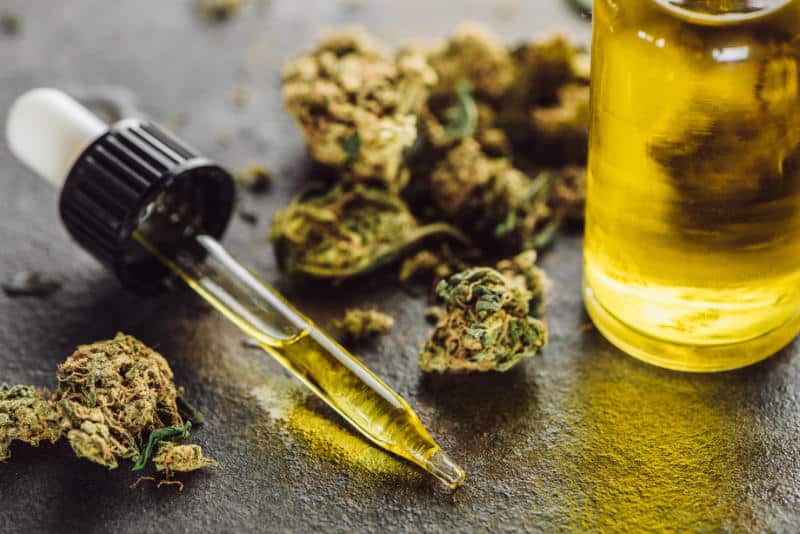Cannabis Concentrates and Pain Management
Pain, a universal experience, can disrupt the rhythm of life, making even the simplest tasks seem daunting. As society searches for alternatives to traditional pain management, cannabis concentrates have emerged as a noteworthy contender, offering potential relief without the side effects associated with some pharmaceutical options.
Understanding Cannabis Concentrates:
Before delving into their potential for pain management, let’s clarify what cannabis concentrates are. These are highly potent extracts derived from the cannabis plant, containing concentrated amounts of cannabinoids and terpenes. The extraction process eliminates much of the plant material, leaving a potent substance that can be consumed in various ways.
Cannabinoids and Pain Relief:
The cannabis plant contains over 100 different cannabinoids, with THC and CBD being the most well-known. These compounds interact with the endocannabinoid system in the human body, which plays a crucial role in regulating various physiological processes, including pain sensation.
THC and CBD:
•THC (tetrahydrocannabinol): Known for its psychoactive properties, THC is also recognized for its potential pain-relieving effects. It interacts with receptors in the brain and central nervous system to alter the way we perceive pain.
•CBD (cannabidiol): Unlike THC, CBD is non-psychoactive and is gaining popularity for its potential anti-inflammatory and analgesic properties. It interacts with different receptors in the endocannabinoid system, influencing pain perception and inflammation.
Types of Cannabis Concentrates:
1.CBD Isolate: Pure CBD, isolated from other cannabinoids, offering potential anti-inflammatory and pain-relieving effects without the psychoactive properties of THC.
2.THC Distillate: A highly refined concentrate with a high THC content, suitable for those seeking potent pain relief.
3.Full-Spectrum Extracts: Retaining a broader range of cannabinoids and terpenes, providing an entourage effect that may enhance therapeutic benefits.
Methods of Consumption:
Cannabis concentrates offer versatility in consumption, allowing individuals to choose a method that suits their preferences and medical needs:
1.Vaporization: Inhaling vaporized concentrate for fast-acting relief without the harmful byproducts associated with smoking.
2.Dabbing: Vaporizing concentrates on a hot surface and inhaling the resulting vapor, offering a rapid onset of effects.
3.Edibles: Incorporating concentrates into food products, providing a discreet and long-lasting option for pain management.
Research and Evidence:
While anecdotal evidence touts the efficacy of cannabis concentrates in pain management, scientific research is still catching up. Limited clinical studies suggest that cannabinoids may indeed have analgesic properties, particularly in managing neuropathic pain and conditions like multiple sclerosis.
Dosage Considerations:
Effective pain management with cannabis concentrates requires careful consideration of dosage. Start with low doses and gradually increase until the desired relief is achieved, minimizing the risk of adverse effects.
Legal and Ethical Considerations:
The legal status of cannabis varies globally and within regions. It’s crucial to be aware of and abide by local regulations when exploring cannabis concentrates for pain management. Additionally, open communication with healthcare providers is essential, ensuring a comprehensive and responsible approach to pain relief.
As attitudes toward cannabis evolve, so does our understanding of its potential in pain management. Cannabis concentrates offer a concentrated and potent option for individuals seeking alternative ways to alleviate pain. While more research is needed to fully grasp their efficacy and potential long-term effects, early findings and anecdotal evidence suggest that these concentrates could play a significant role in the future of pain management. Always consult with healthcare professionals for personalized advice tailored to individual health needs.
Always follow all Oklahoma laws when buying your cannabis, and only from OMMA licensed dispensaries.





